Xu: The Daoist concept of emptiness and receptivity
The concept of Xu (虛), often translated as “emptiness”, “openness”, or “receptivity”, is a fundamental principle in Daoist philosophy. Unlike emptiness in the sense of lack or void, Xu in Daoist thought represents a dynamic state of potential and receptivity. It refers to a quality of being open, flexible, and unburdened by rigid attachments or preconceptions, allowing one to respond to the world in an effortless and harmonious manner. In Daoist practice, cultivating Xu is essential for aligning with the Dao and embodying wu wei (effortless action). Xu is also closely linked to the idea of ziran (naturalness) and plays a key role in Daoist meditation, ethics, and leadership. In this post, we explore the metaphysical significance of Xu, its ethical and practical applications, and its influence on Daoist thought and culture.
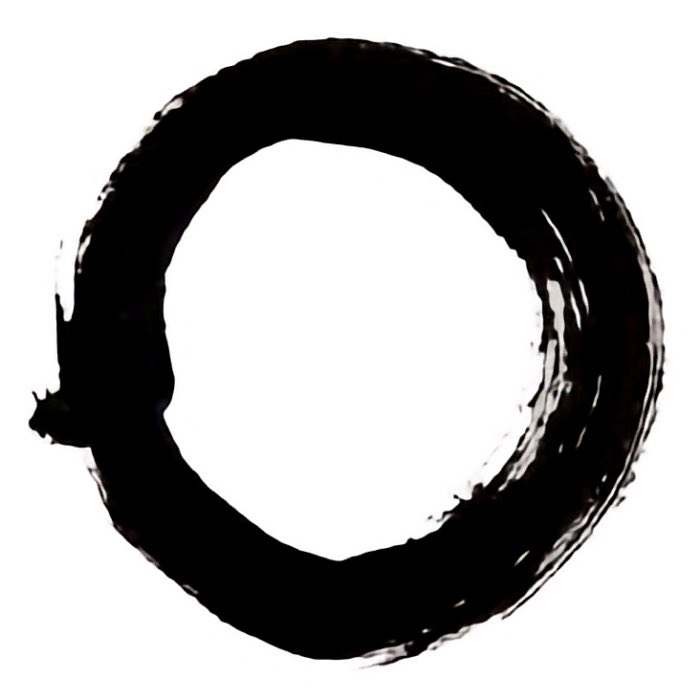
Wuji (無極). In Chinese philosophy, wuji originally referred to infinity. In Neo-Confucian cosmology, it came to mean the “primordial universe” prior to the “Supreme Ultimate” state of being. It can be translated as “infinite”, “summit of nothingness” or the unlimited “not-highest”. Wuji can be understood as a description of an undifferentiated primordial state of the universe, which represents pure potentiality, does not yet contain any objects differentiated from one another and is at the same time the origin of all objects. Source: Wikimedia Commonsꜛ (license: CC BY-SA 3.0)
Metaphysical foundation of Xu
In Daoist metaphysics, Xu is a fundamental quality of the Dao itself. The Dao is described as being empty yet inexhaustible, a source of infinite potential and creativity. Laozi, in the Dao De Jing, often uses the metaphor of a vessel to describe the Dao’s emptiness: “The Dao is like a well—used but never used up. It is like the eternal void: filled with infinite possibilities” (Dao De Jing, Chapter 4). This emptiness is not a state of nothingness but a condition of openness that allows for the continuous flow and transformation of Qi, the vital energy that animates all things.
The Daoist understanding of Xu as potentiality is reflected in the natural world. Just as an empty valley allows for the flow of water and an open space permits movement, Xu represents the capacity to receive and adapt. In this sense, emptiness is seen as a positive and necessary condition for growth, creativity, and harmony.
Xu and Daoist ethics
Ethically, Xu represents a state of humility, openness, and non-attachment. Daoist sages are often described as embodying Xu by being free from ego and rigid opinions. This openness allows them to act in accordance with the Dao, responding to situations spontaneously and effectively without the need for force or premeditation.
In the Zhuangzi, Zhuang Zhou emphasizes the importance of maintaining an empty mind, free from fixed judgments and desires. By cultivating Xu, individuals can achieve a state of equanimity and clarity, allowing them to perceive the world as it truly is rather than through the distortions of personal biases. Zhuangzi writes, “The sage’s mind is like a mirror: it reflects everything but holds nothing.” This metaphor highlights the Daoist ideal of receptivity and non-attachment, where one is fully present and responsive to the world without being burdened by preconceived notions.
In practical terms, Xu encourages an ethical approach that is flexible and adaptive rather than rigid and prescriptive. Unlike Confucian ethics, which emphasize the cultivation of specific virtues and adherence to social roles, Daoist ethics promote a more fluid and context-sensitive approach. By remaining empty and open, individuals can navigate life’s complexities with grace and spontaneity, avoiding the pitfalls of rigid dogma and excessive striving.
Xu in Daoist meditation and self-cultivation
The practice of cultivating Xu is central to Daoist meditation and self-cultivation. In Daoist meditation, emptiness is not merely a passive state but an active process of clearing the mind and opening oneself to the flow of the Dao. This practice involves letting go of attachments, desires, and mental clutter, creating a space in which the Dao can manifest.
One of the primary techniques for cultivating Xu in Daoist meditation is breath regulation. Since breath is closely linked to Qi, regulating the breath helps to calm the mind and promote the free flow of Qi throughout the body. By achieving a state of inner emptiness and stillness, practitioners can attune themselves to the Dao, fostering physical vitality and spiritual insight.
In more advanced Daoist practices, such as internal alchemy (neidan), cultivating Xu is essential for refining and transforming Qi. The empty state of mind and body provides the ideal condition for the alchemical process, allowing the practitioner to harmonize with the Dao and achieve spiritual immortality.
Xu in Daoist leadership and governance
In Daoist political philosophy, Xu is regarded as a key quality of the ideal ruler. Laozi, in the Dao De Jing, contrasts rulers who rely on force and control with those who govern through wu wei and Xu. The latter approach emphasizes minimal interference and trust in the natural order, allowing people to live in harmony with the Dao.
A ruler who embodies Xu remains open and receptive to the needs of the people, acting with humility and without personal ambition. By maintaining an empty and unbiased mind, the ruler can respond to situations effectively and impartially, fostering a stable and prosperous society. Laozi writes, “The sage ruler, by emptying themselves, allows the people’s hearts to be filled” (Dao De Jing, Chapter 3). This passage underscores the Daoist belief that true leadership arises from receptivity and non-attachment rather than domination and control.
Historically, Daoist ideas about leadership influenced certain periods of Chinese governance, particularly during the early Han dynasty, when rulers adopted policies of minimal intervention and light taxation. These policies reflect the Daoist ideal of governance through Xu, where the ruler acts as a steward of the natural order rather than an authoritarian figure.
Xu in Daoist aesthetics and the arts
The Daoist principle of Xu has also played a significant role in shaping Chinese aesthetics, particularly in poetry, painting, and calligraphy. In Daoist-influenced art, emptiness is not merely the absence of form but a space that allows form to emerge and be appreciated. This aesthetic of emptiness is evident in Chinese landscape painting, where open spaces and the use of negative space create a sense of depth and potential.
In calligraphy, the interplay between ink and empty space is essential for achieving balance and harmony. The empty space on the page is as important as the brushstrokes themselves, reflecting the Daoist belief in the value of emptiness and receptivity. A well-executed piece of calligraphy conveys a sense of spontaneity and flow, embodying the dynamic potential of Xu.
Conclusion
The concept of Xu is a cornerstone of Daoist philosophy, representing a dynamic and positive form of emptiness that fosters receptivity, flexibility, and harmony with the Dao. By cultivating Xu, Daoists believe that they can achieve a state of openness and clarity, allowing them to act spontaneously and effectively in accordance with the natural order.
Beyond its philosophical significance, Xu has practical applications in meditation, self-cultivation, leadership, and the arts. Its emphasis on openness, humility, and non-attachment shaped Daoist ethics, aesthetics, and governance, leaving a lasting impact on Chinese culture and thought.
References
- Slingerland, Edward, Effortless action: Wu-wei as conceptual metaphor and spiritual ideal in early China, 2007, Oxford University Press, ISBN: 978-0195314878
- Richard Wilhelm (Übersetzer), I Ging: das Buch der Wandlungen, 2017, Nikol Verlag, ISBN: 9783868203950
- Laozi, Viktor Kalinke (Übersetzung), Studien zu Laozi, Daodejing, Bd. 1: Eine Wiedergabe seines Deutungsspektrums: Text, Übersetzung, Zeichenlexikon und Konkordanz, 2000, Leipziger Literaturverlag, 2. Auflage, ISBN: 9783934015159
- Viktor Kalinke, Laozi, Studien zu Laozi, Daodejing, Bd. 2: Eine Erkundung seines Deutungsspektrums: Anmerkungen und Kommentare, 2000, Leipziger Literaturverlag, 2. Auflage, ISBN: 9783934015180
- Viktor Kalinke, Nichtstun als Handlungsmaxime: Studien zu Laozi Daodejing, Bd. 3: Essay zur Rationalität des Mystischen, 2011, Leipziger Literaturverlag, ISBN: 9783866601154
- Laozi, Richard Wilhelm (Übersetzer), Tao te king - das Buch des alten Meisters vom Sinn und Leben, 2010, Anaconda, ISBN: 9783866474659
- Zhuangzi, Viktor Kalinke (Translator), Zhuangzi - Das Buch der daoistischen Weisheit, 2019, Reclam, ISBN: 9783150112397
- Lü Bu We (Autor), Richard Wilhelm (Herausgeber, Übersetzer), Das Weisheitsbuch der alten Chinesen - Frühling und Herbst des Lü Bu We, 2015, Anaconda, ISBN: 9783730602133
- Bokenkamp, Stephen R., Early Daoist scriptures, 1999, University of California Press, ISBN: 978-0520219311
- Kohn, Livia, Daoism and Chinese culture, 2005, University of Hawaii Press, ISBN: 978-1931483001
- Robinet, Isabelle, Daoism: Growth of a religion, 1997, Stanford University Press, ISBN: 978-0804728386
- Watson, Burton (trans.), The complete works of Zhuangzi, 2013, Columbia University Press, ISBN: 978-0231164740
- Martin Bödicker, Schrittweise das Dao Verwirklichen - Tianyinzi - Tägliche Übung - Riyong, 2015, Verlag n/a, ISBN: 9781512157475
- Martin Bödicker, Innere Übung - Neiye - Das Dao als Quelle - Yuandao, 2014, CreateSpace Independent Publishing Platform, ISBN: 978-1503157071
- Ingrid Fischer-Schreiber, Michael S Diener (Herausgeber), Franz K Erhard (Herausgeber), Kurt Friedrichs (Herausgeber), Lexikon der östlichen Weisheitslehren - Buddhismus, Hinduismus, Daoismus, Zen, 1986, O.W. Barth, ISBN: 9783502674047
- Ingrid Fischer-Schreiber, Das Lexikon des Daoismus - Grundbegriffe und Lehrsysteme; Meister und Schulen; Literatur und Kunst; meditative Praktiken; Mystik und Geschichte der Weisheitslehre von ihren Anfängen bis heute, 1996, Wilhelm Goldmann Verlag, ISBN: 9783442126644
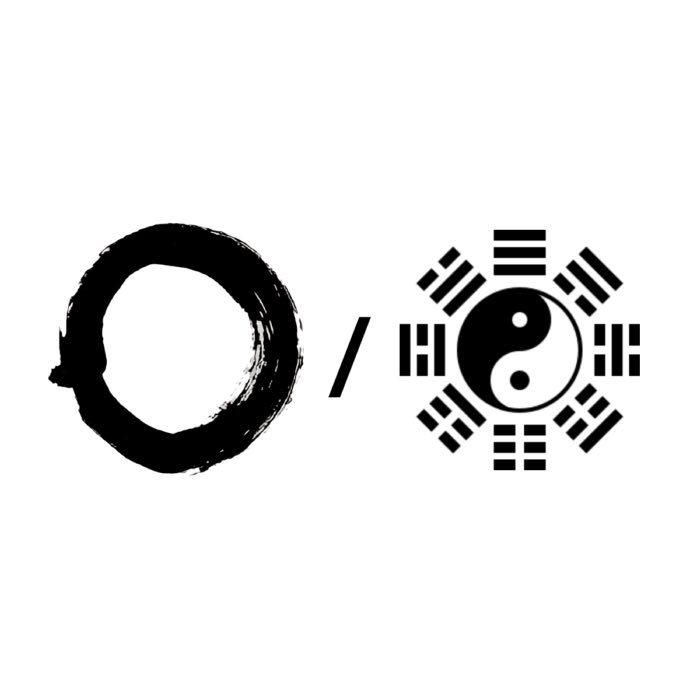
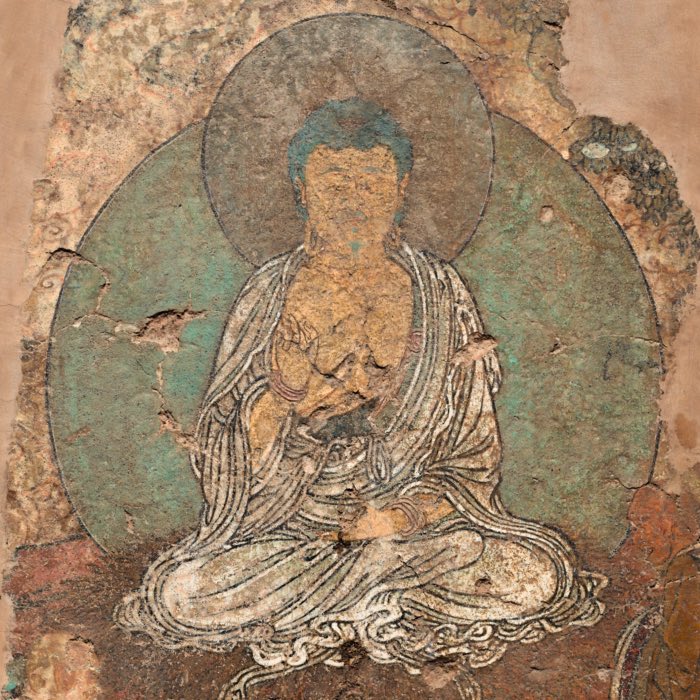
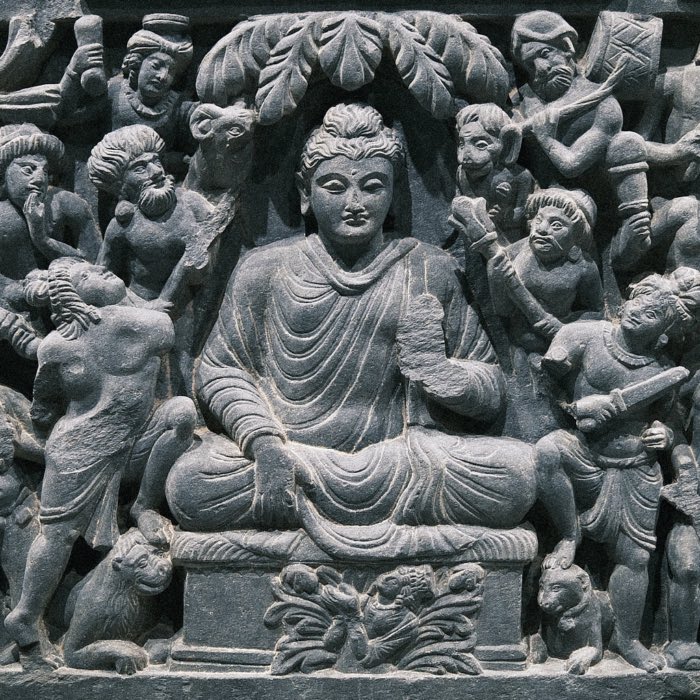

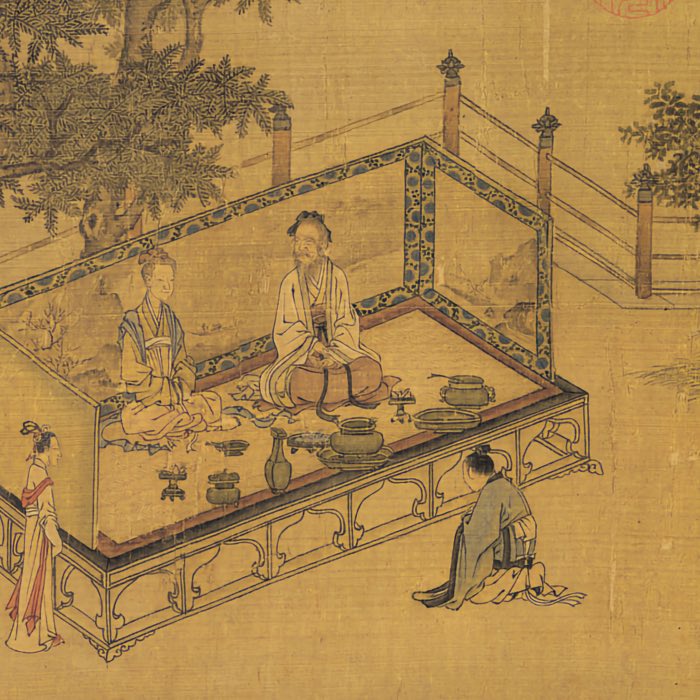
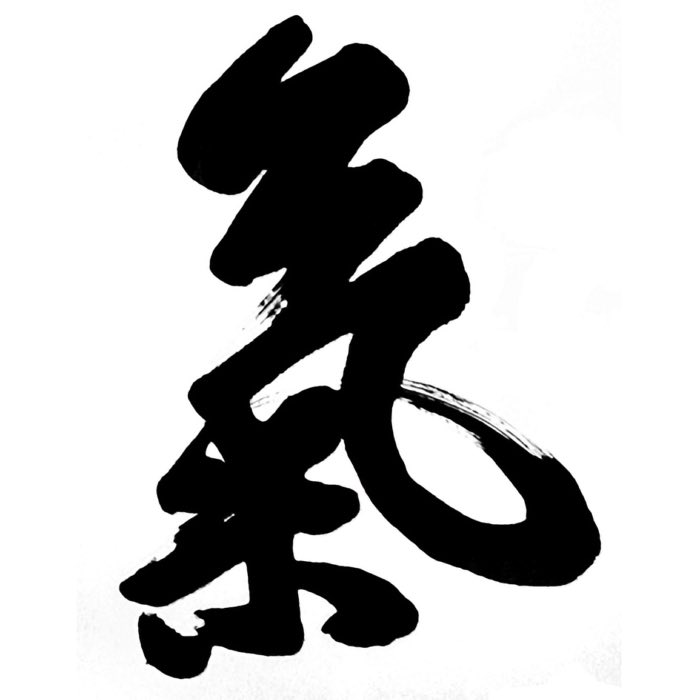
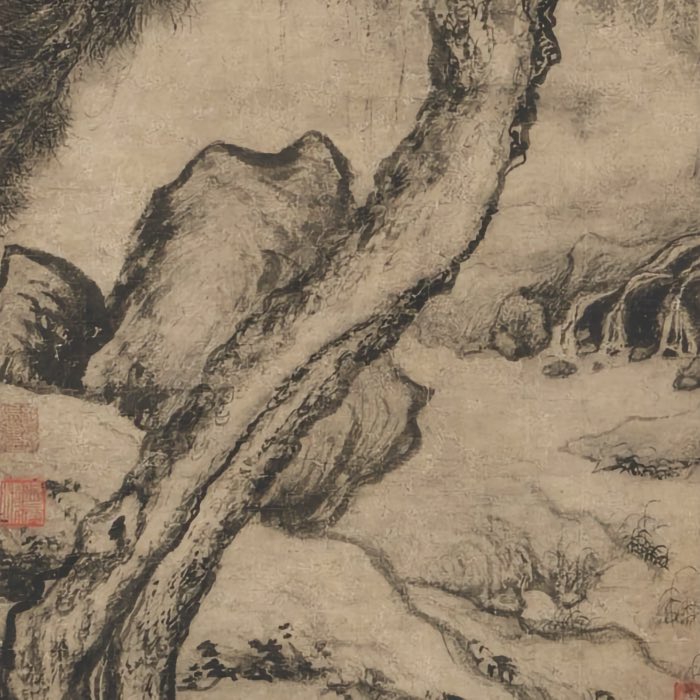
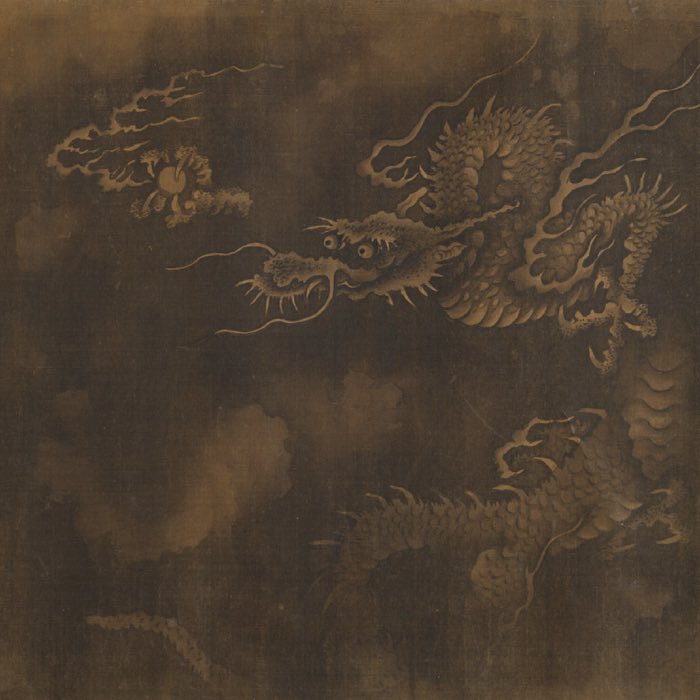
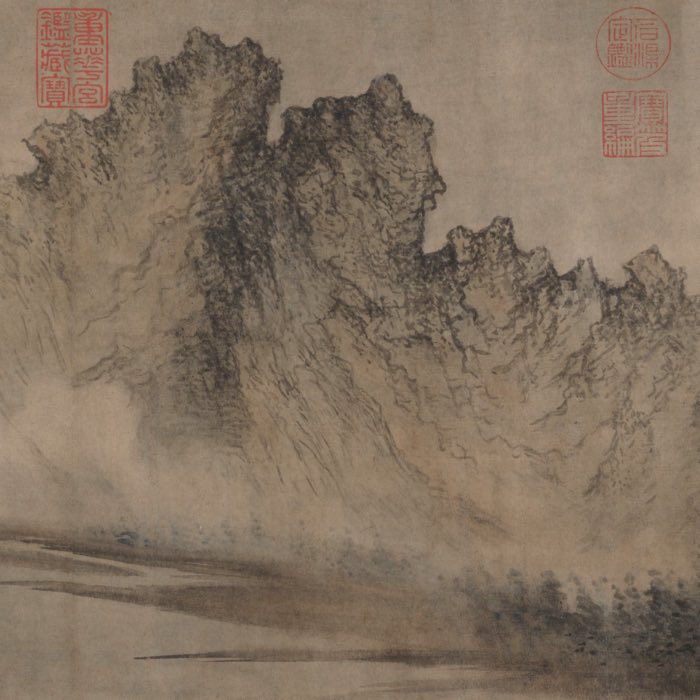
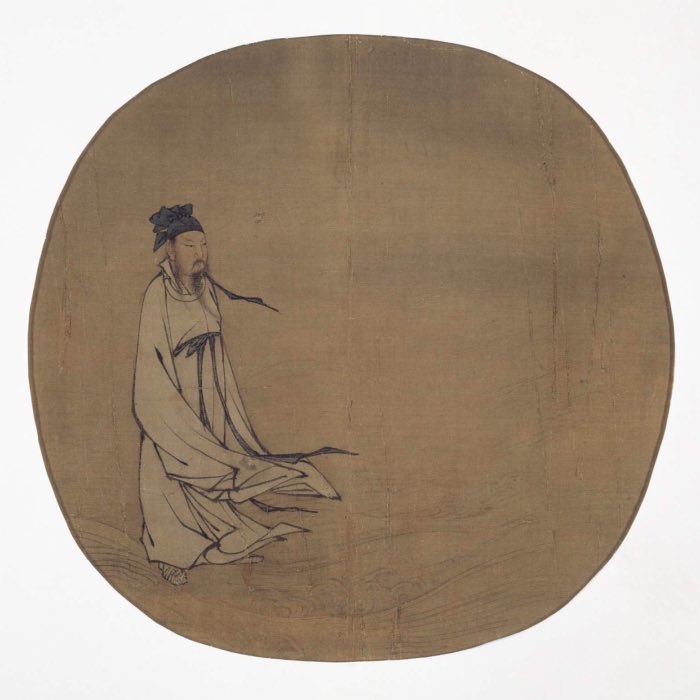








comments